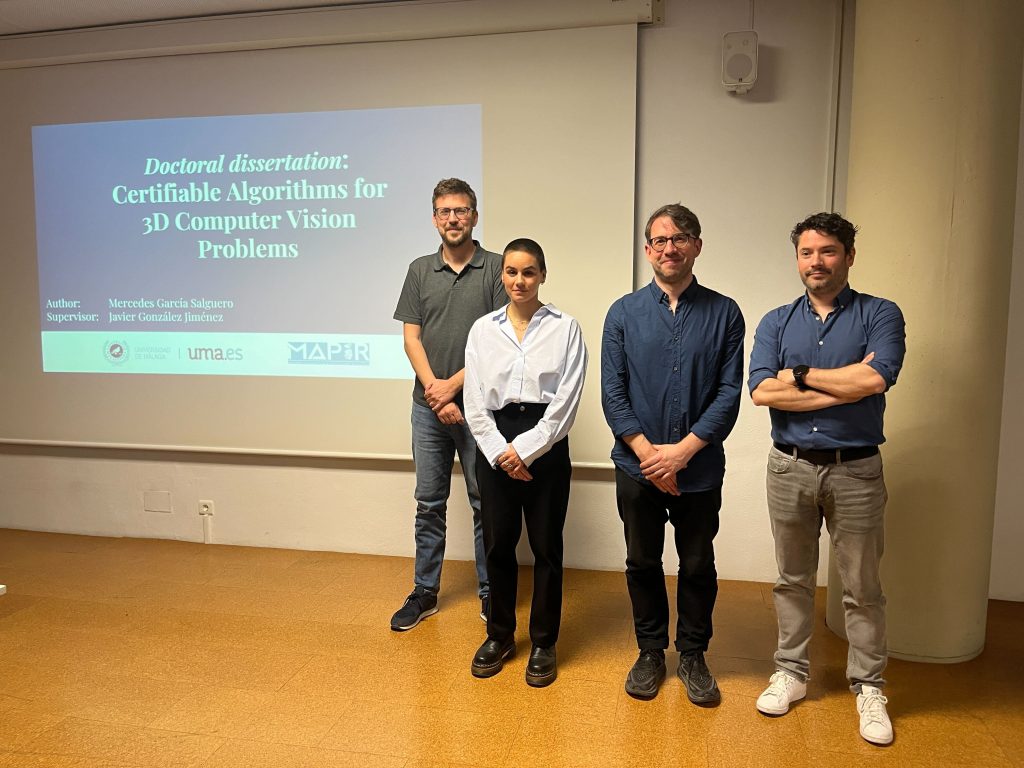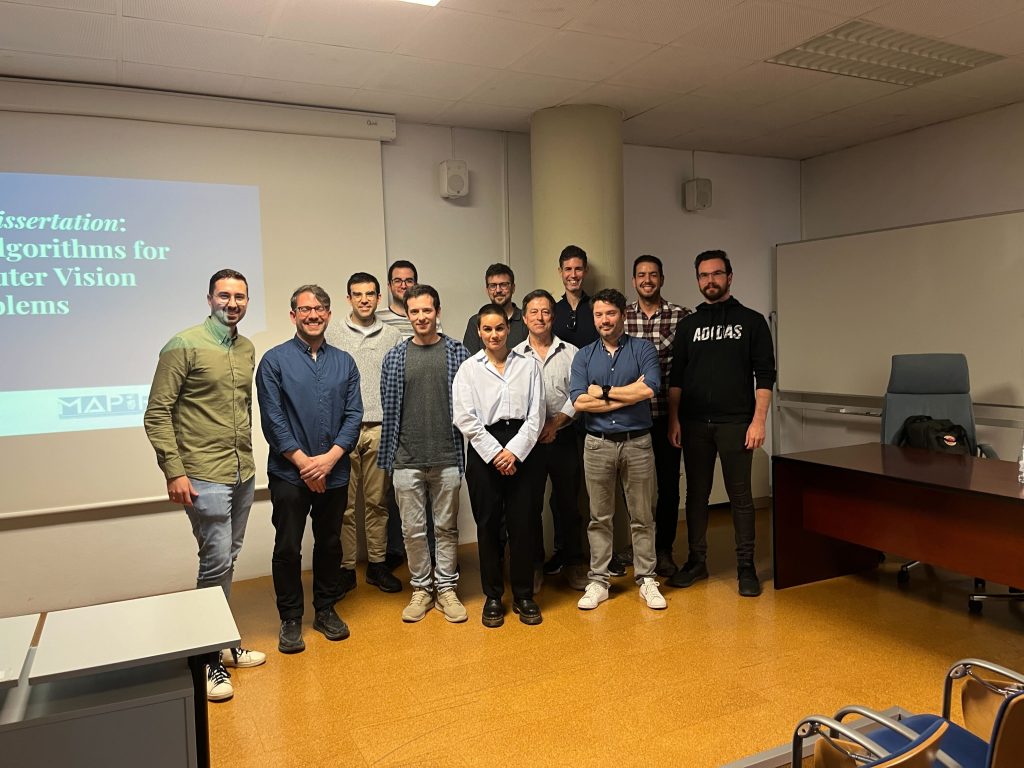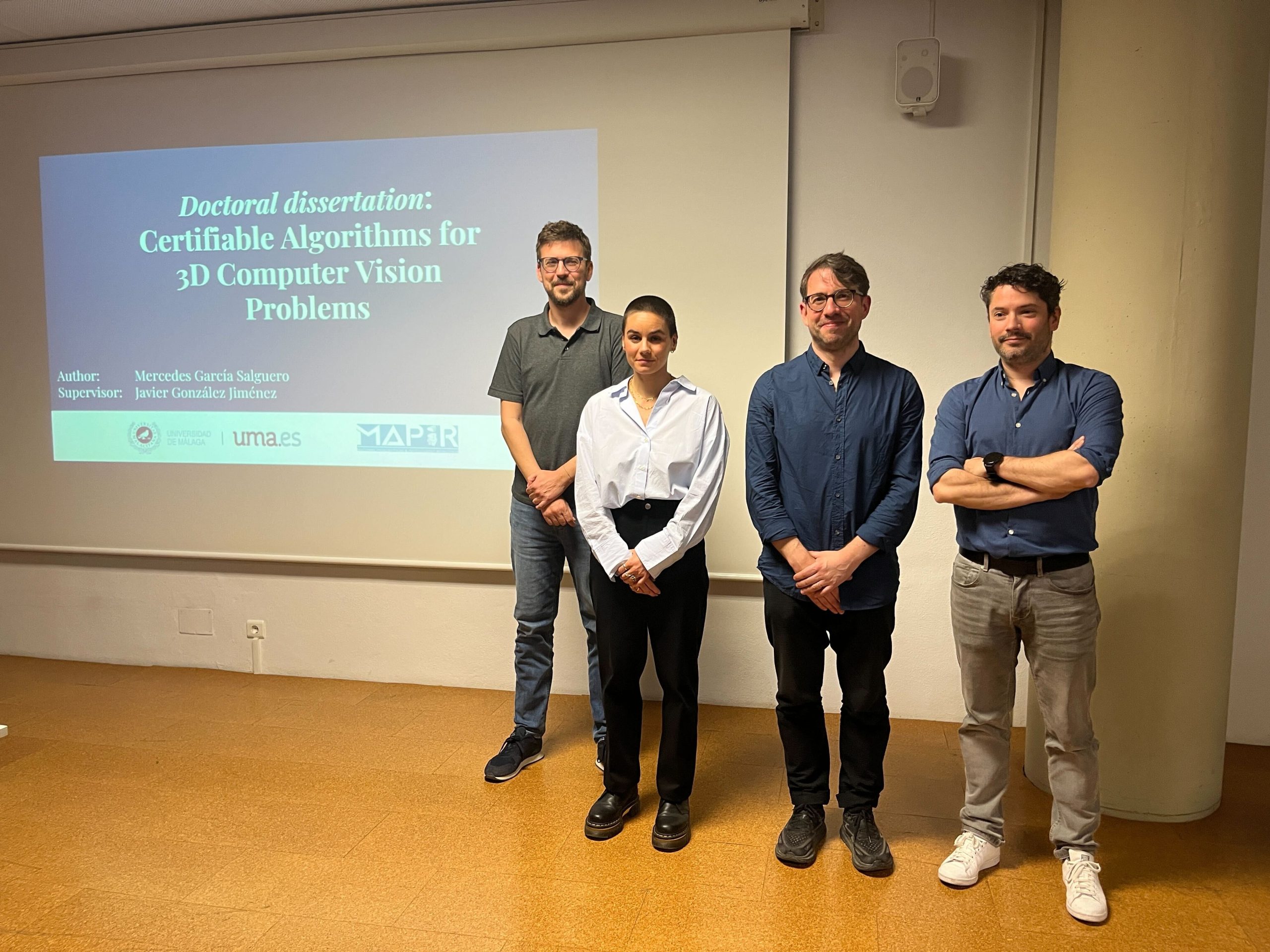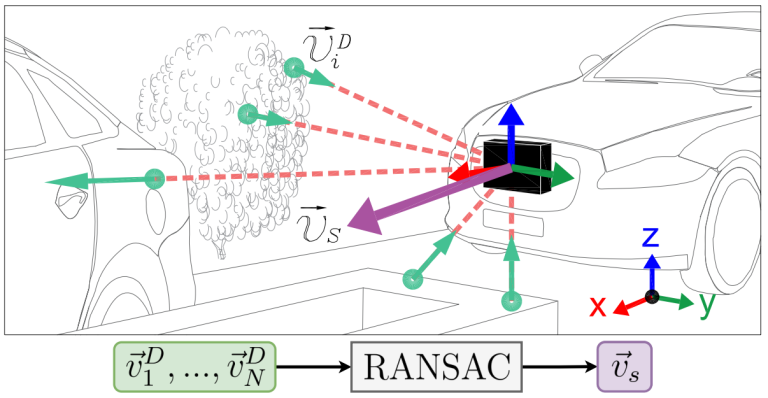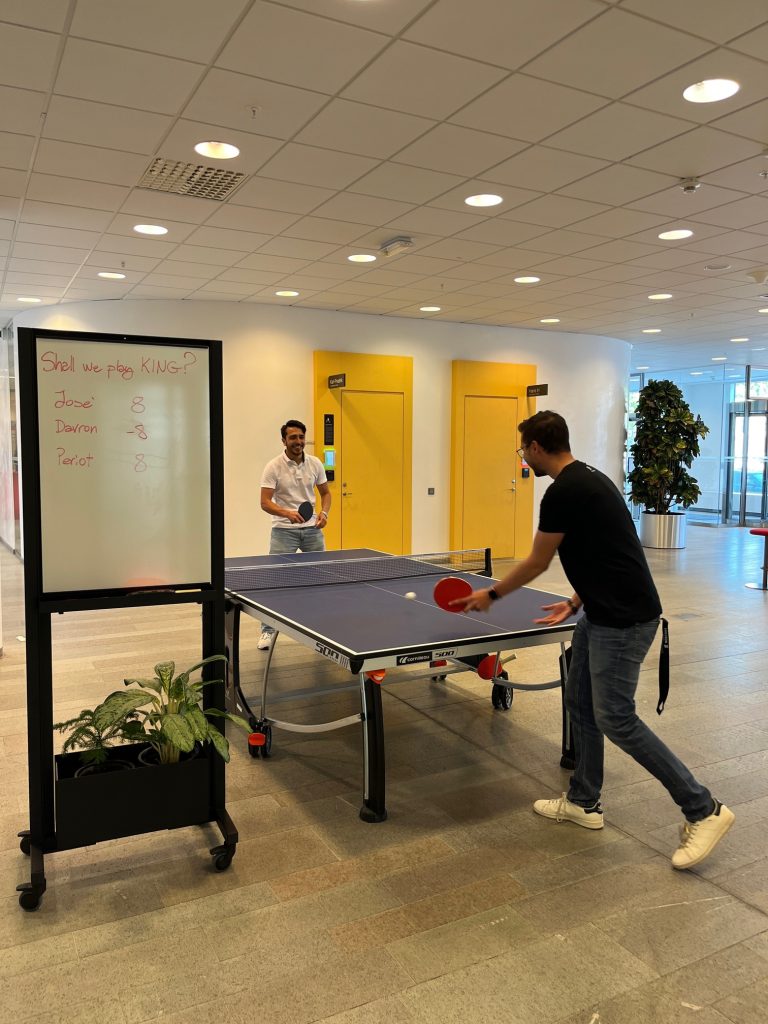Mercedes García Salguero PhD defense (Apr’24)
Mercedes García Salguero defended her doctoral dissertation entitled “Certifiable Algorithms for 3D Computer Vision Problems” on April 12th, 2024, focused on developing new approaches to certify optimal solution for a range of 3D computer vision related problems. Her amazing work received the Cum Laude qualification, rewarding her talent and dedication during these years. Congratulations!
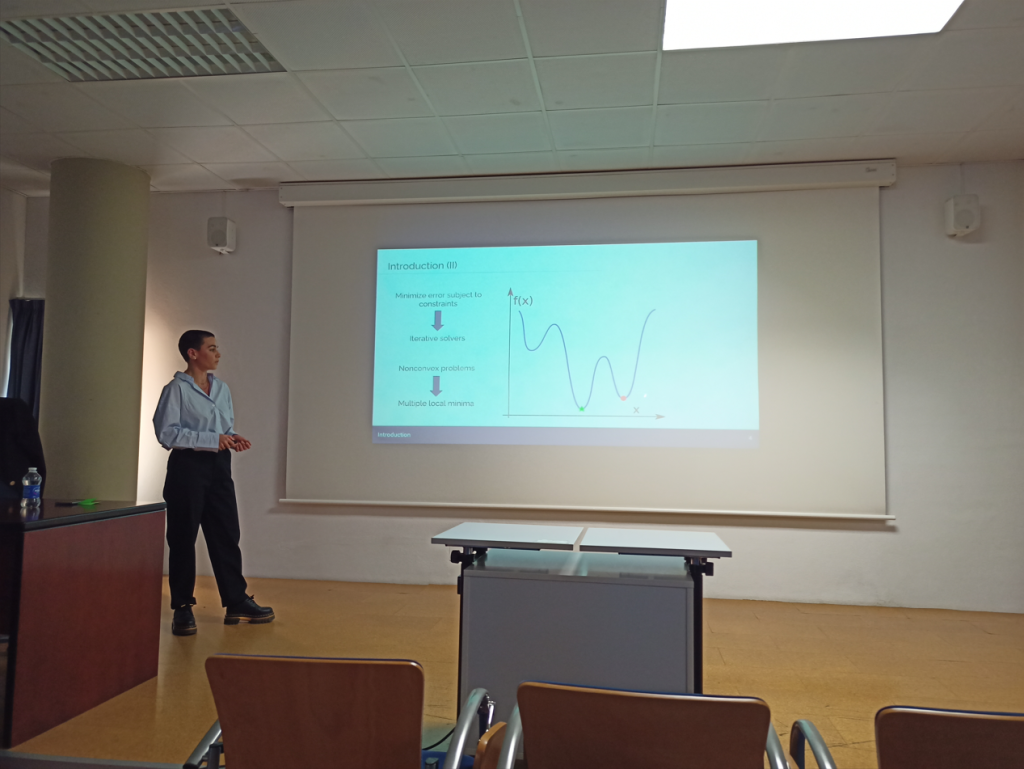
ABSTRACT: The integration of cameras into a wide variety of devices, from mobile phones to robots, has boosted the development of efficient and reliable algorithms to exploit the visual data they provide. Whereas different tasks require specific solutions, two of them are among the most relevant in geometric computer vision, namely the localization of the camera and the 3D reconstruction of the scene. In fact, they are the cornerstone of more generic pipelines such as Visual Odometry (VO), Structure-from-Motion (SfM) and Simultaneous Localization and Mapping (SLAM), which encounter applicability in paramount fields such as self-driving cars, intelligent robots, augmented reality, or autonomous aerial systems. Despite the vast literature dealing with these two tasks, most of the proposed approaches come with a critical weakness: the found solution may not be the global optimal one, but a local minimum. This is so because the problem is stated through non-convex formulation that is usually solved with iterative algorithms, which are prone to get trapped in local minima. This issue becomes even more crucial because this non-optimality is unnoticed and may have an unpredictable effect on the performance and reliability of the whole pipeline. This thesis contributes a set of efficient algorithms that certify the optimality of the solution for these two relevant tasks under different assumptions of the camera motion and scene configuration. First, we address the relative pose problem between two calibrated cameras and propose a series of certifiable algorithms that estimate and certify the solutions with different certification ratios and computational times. These results motivate the second set of contributions where fast certifiable algorithms are proposed for the relative pose when the axis of rotation is known for general and planar configurations. Our third contribution addresses the absolute pose for central and noncentral cameras and we provide a fast certifiable algorithm that certifies solutions even for random problem instances. Our last contribution tackles the triangulation problem for both two and N views for both planar and general configurations. For the minimal case with two views, we propose three different certifiable algorithms with different numbers of detected optimal solutions and computational times. For the nonminimal case with N views for both the general and planar scene, we propose a fast certifier empirically obtained in closed-form.
